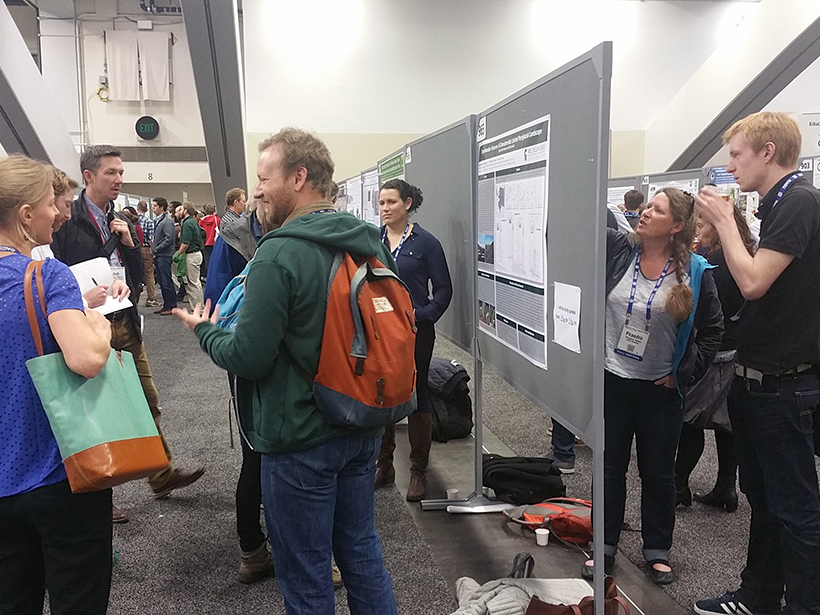“People need to get beyond the paranoia about that change and understand what the opportunities are.”
The recent U.S. presidential election loomed large last week at the world’s largest annual gathering of Earth and space scientists, the American Geophysical Union’s (AGU) Fall Meeting in San Francisco, Calif. When Eos asked some of the more than 20,000 scientists at the meeting what they thought the election’s outcome means for the Earth and space sciences, we heard a wide range of responses, from dismissal of the election’s importance to deep concern.
Nearly all respondents seemed to agree that scientists need to move forward with whatever they were doing before the election with confidence that those scientific endeavors are valued and will continue to be supported by our society.
Here we highlight 9 scientists and their thoughts.
Find Opportunities Through Sound Science
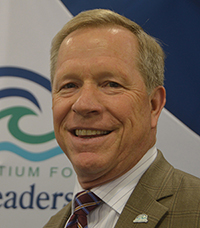
The election “doesn’t matter because the oceans are nonpartisan,” said Jon White, president and CEO of the Consortium for Ocean Leadership in Washington, D. C. “The way forward is the same way it has been, because we deal with good ocean science. Any policies, any regulations, any decision need to be based on sound science.” Depending on what a new administration does, “there are different opportunities, whether it’s focusing more nationally on homeland security perhaps or things like climate change,” he said.
Change can be difficult, he added, “but people need to get beyond the paranoia about that change and understand what the opportunities are.” Opportunity, White said, involves discovering “How can we do things better given what’s changing.”
Find an Activist Voice
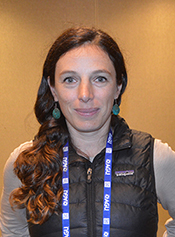
“We as scientists have to find our compassion, find our emotional strengths, and reach out to people at an emotional and human level,” said Jane Zelikova, a research scientist at the University of Wyoming in Laramie who studies the impacts of climate change on carbon cycling. She is a cofounder of 500 Women Scientists, a group supporting women and science. “If we want to make progress as a society, we have to build back the trust in science and in facts and in data, which is currently just not winning the day.”
“The way forward for us as a community of Earth scientists is to find our activist voice and to find the bravery that we need to speak out when we see injustice, both in terms of human injustice and people of different opinions or backgrounds being under attack,” added Zelikova, currently a fellow of the American Association for the Advancement of Science who is working on climate change policy and the decarbonization of fossil fuels at the U.S. Department of Energy.
Evaluate Rhetoric
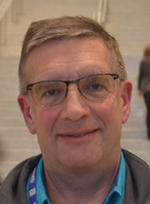
“There is concern when some of these nominated people have expressly put out positions that are counter to the scientific understanding,” said John Farrell, executive director of the U.S. Arctic Research Commission, an independent federal agency in Arlington, Va. “What I don’t know is how much of that is rhetoric, how much will turn into practice, [and] how much counterpressure there will be.”
“Panic is not called for,” he added. “People need to take a breath and understand that we have a responsibility to do the kind of work that we do, and we have to continue on in that work, and there is support for that kind of work.”
Ensure Open Access of Data
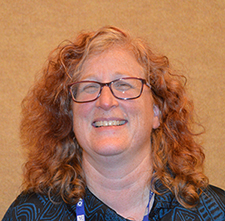
“Sometimes new administrations want to control the message and control the data, but I think we do need to push back on that a little bit,” said Denise Hills, president-elect of AGU’s Earth and Space Science Informatics focus group. She said there is a “wait and see attitude” about whether the incoming administration will continue efforts toward open access of information while clearly acknowledging the origin of the data.
“Openness and accessibility need to continue,” added Hills, program director for energy investigations at the Geological Survey of Alabama, Tuscaloosa.
Be Careful of Transferring Disappointment

“One has to be careful not to transfer one’s anger or disappointments or frustrations about the political system beyond what makes sense,” cautioned Jesse Ausubel, director of the Program for the Human Environment at The Rockefeller University in New York City. The incoming administration may make some changes, but “the great majority of what’s going on in science and technology will continue,” he said.
“I think we need to be careful not to mix up this ‘I’m angry because my team lost’ with thinking that these other people are incapable of understanding the value of science and technology, medicine, and research and development.”
Counterbalance Climate Denial
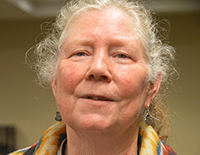
“Anything that pulls [climate agreements] back from implementation is, in fact, damaging,” said Kathy Dervin, a public health professional and board member of the U.S. Climate and Health Alliance. The “climate science is decided, and there is no turning back on that.”
“If the public doesn’t hear the truth, the real side of the story, then now more than ever, given that many people in the new federal administration are avowed climate deniers, there has to be a [counter]balance to that,” she said.
Force Trump to Think About Climate Change
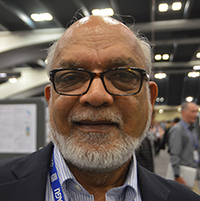
“The scientific community must show the evidence [about climate change] so that they can force [Trump] to think about it,” said Ramesh Singh, professor of Earth system science and remote sensing at Chapman University in Orange, Calif. “Earth and space science scientists must go to the press and use social media,” said Singh, president-elect of the AGU Natural Hazards focus group.
Hang in There
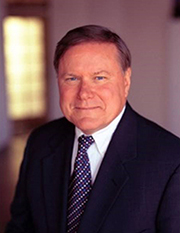
“There is every reason to be concerned” about the direction of the incoming administration related to science, but scientists should “hang in there,” said Charles Kennel, professor emeritus of atmospheric sciences at the Scripps Institution of Oceanography in La Jolla, Calif. “I’m not going to give up thinking about climate,” he said. “The problems are there, the issues are there, they’re very important, [and] most of the countries of the world agree they’re important.” The United States is “going to show leadership for the climate no matter what, because you’ve got too many people interested and involved in it.”
Use Science to Serve the World

Earth observations provide societal and economic benefits, for example, for agriculture, fishing, and shipping, said Ghassem Asrar, director of the Joint Global Change Research Institute of the Pacific Northwest National Laboratory, located at the University of Maryland, College Park. “This is not about climate science per se. It’s [about] how we can take advantage of science and technology to serve us and the rest of the world.”
The scientific community needs to learn how to better tell the story of these broad benefits to Congress and the public, he said. “That story needs to be told time and time again.”
—Randy Showstack (@RandyShowstack), Staff Writer
Citation:
Showstack, R. (2016), Scientists ponder the way forward under incoming administration, Eos, 97, https://doi.org/10.1029/2016EO065287. Published on 20 December 2016.
Text © 2016. The authors. CC BY-NC-ND 3.0
Except where otherwise noted, images are subject to copyright. Any reuse without express permission from the copyright owner is prohibited.

